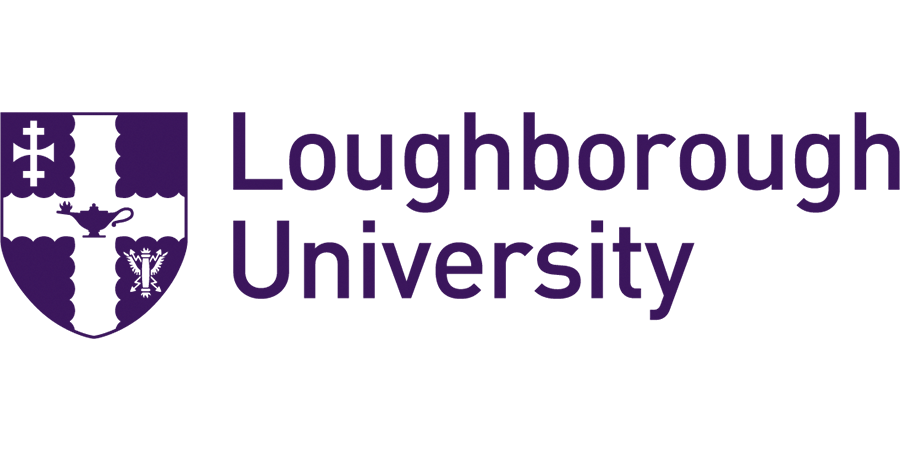PhD Studentship: Equitable Nature-based Solutions Deployment to Mitigate Urban Heat Islands
Loughborough University - Geography and Environment
| Qualification Type: | PhD |
|---|---|
| Location: | Loughborough |
| Funding for: | UK Students, International Students |
| Funding amount: | £20,780 per annum |
| Hours: | Full Time, Part Time |
| Placed On: | 22nd October 2025 |
|---|---|
| Closes: | 7th January 2026 |
| Reference: | CENTA2026-LU10 |
Rising temperatures are intensifying climate-related risks in cities worldwide, with the greatest impacts often felt by marginalised communities. This PhD project investigates how nature-based solutions, such as green roofs, shaded streets, and stormwater systems, can cool cities in ways that are not only effective but also socially just.
Using UK-wide temperature and fine-scale socio-environmental data, you will develop an AI-driven optimisation framework to identify where such interventions can deliver the greatest combined benefits for people and the environment. The research combines urban-climate analytics, social vulnerability modelling, and participatory engagement with local authorities, including Loughborough (UK), to co-design targeted interventions and translate findings into open, interactive planning tools.
In working closely with policy and community partners, you will map the social, environmental, and economic trade-offs that shape adaptation choices, and generate spatial policy tools to support more inclusive decision-making. The PhD offers advanced training in spatial analytics, nature-based design, and environmental justice, empowering you to contribute to national and global debates on how to build fairer, climate-resilient cities.
This project forms part of Loughborough University’s wider commitment to equitable urban transitions through the CENTA DTP, offering an opportunity to shape how adaptation investments are designed and shared across contexts.
Entry requirements:
- Applicants will normally need to hold, or expect to gain, at least a 2:1 degree (or equivalent) in Geography, Urban Studies, Urban Analytics, Environmental Science, Computer Science, Architecture, or an appropriate master’s degree.
- Familiarity with Python/R programming, GIS and spatial analysis (e.g., ArcGIS, QGIS), or willingness to develop spatial modelling skills in R or Python.
English language requirements:
Applicants must meet the minimum English language requirements. Further details are available on the International website.
Funding information:
This studentship, which is partially funded by NERC, provides a tax-free stipend of £20,780 per annum (in 2025/26) and tuition fees at the UK rate for 3.5 years. It also provides a Research Training Support Grant (RTSG) of £8,000. Due to UKRI funding rules, no more than 30% of the studentships funded by this grant can be awarded to international candidates, but successful international candidates will have the difference between the UK and international tuition fees provided by the University.
How to Apply:
- Complete a CENTA studentship application form in Word format (this is available under the ‘Our project-based studentships’ section).
- All applications should be made online. Under ‘Campus’, please select ‘Loughborough’ and select the ‘Programme’ as ‘Social Science and Humanities/Geography and Environment’. Please quote the advertised reference number ‘CENTA2026-LU10’ in your online application. During the online application process, upload the CENTA studentship application form and a CV in addition to the other required minimum supporting documents.
- The application closing date is midnight (UK time) on Wednesday 7 January 2026. Interviews for shortlisted candidates are expected to be held sometime in the period between Monday 2 February-Friday 13 February 2026.
Advert information
Type / Role:
Subject Area(s):
Location(s):









